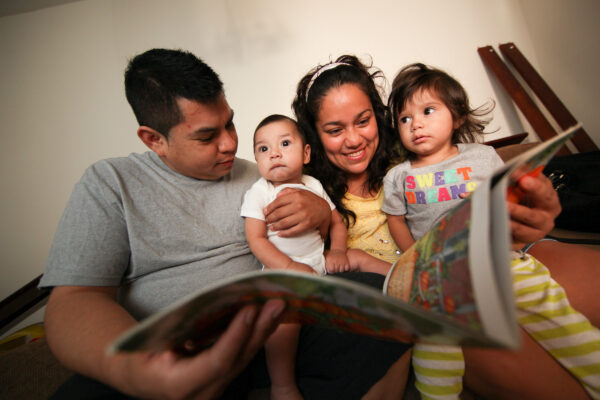Early Childhood Social-Emotional Development Billing and Coding

Routine well-child visits are a critical opportunity for pediatric providers to assess family strengths that impact the child’s social-emotional development. When screening for social-emotional concerns, it is important that providers use billing and diagnosis codes to ensure proper documentation and alignment of next steps.
This resource was authored by the Early Childhood Developmental Health Systems (ECDHS): Evidence to Impact Center’s core partners at the American Academy of Pediatrics (AAP). It provides guidance on how to conduct social-emotional development screening and information on when and how to screen for perinatal depression, development, autism, and social-emotional and social driver concerns. The resource also details the billing and diagnosis codes recommended for use by pediatric providers, followed by case vignettes with examples of social-emotional development coding in practice.
This resource is designed for all pediatric providers, including pediatricians, family medicine providers, integrated mental health professionals, and other specialists who work with children ages 0-5.
Early Childhood Well-Child Care Screening and Coding

Provider Case Vignette: Social-Emotional Development Concern
New patient, 6-month-old Jasmine, sits quietly in her car seat on the exam table. She is dressed in a clean, cute outfit. Jasmine does not have a social smile or vocalize responsively. She does not reach for the toy shown to her or turn to her mother for comfort.
Jasmine’s mother completes an age-appropriate ASQ:SE-2 (Ages & Stages Questionnaires®: Social-Emotional, Second Edition). The mother also completes the EPDS (Edinburgh Postnatal Depression Scale) but does not screen positive for postpartum depression. The ASQ:SE-2 score is in the at-risk range due to a lack of reciprocal smile, vocalization, and difficulty interacting with others. The provider refers Jasmine to a clinical social worker who specializes in children under 5 and provides CPP (Child-Parent Psychotherapy). The provider also schedules a one-month follow-up visit.
Visit Codes
- 99384: well-child visit, new patient, less than a year old
- 96127: social-emotional developmental screening
- 96161: health risk assessment of caregiver for benefit of the patient (EPDS)
- Z00.129: encounter for routine child health exam without abnormal findings (must be used for billing)
- Z62.820: parent-child relational problem

